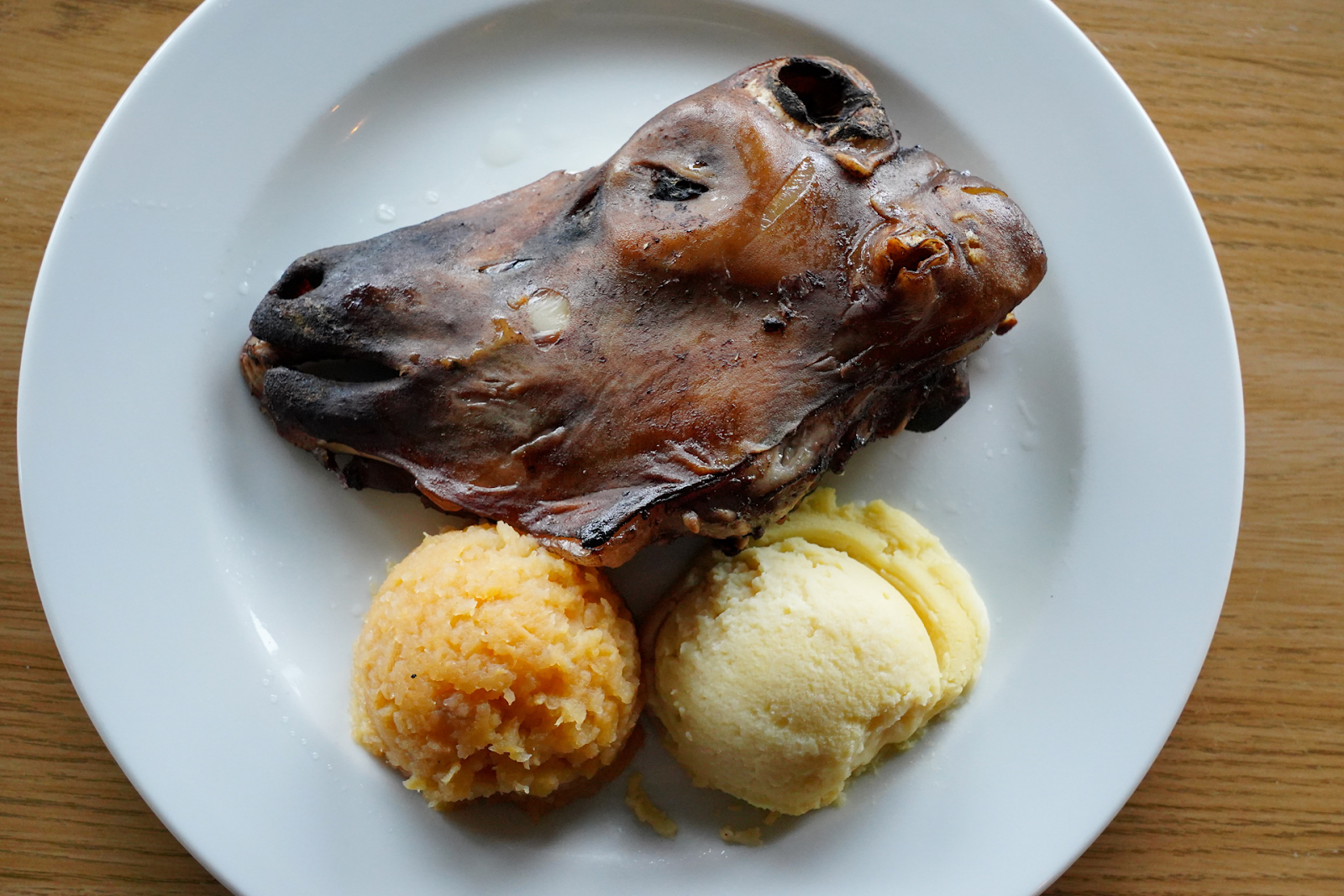We've moved to Patreon!
Zisa's hof | Rune courses, seidr, galdor, Germanic calendar and other topics | Patreon
Zisa's hof
Welcome!
Saturday, June 22, 2024
We've moved
Asatru food (part 2)
Consecrated foods:
Because there are no specifically Asatru foods as such ( unless one considers all Germanic cuisine to be Asatru) the ritual consecration of foods used in blots becomes quite important. The food is transformed from profane and mundane into something special and holy through magical blessings and religious consecration by the Gydthja or Gothi of the kindred.
This consecration may be accomplished in a number of different ways. Common methods of blessing and consecration are as follows: The Gydthja or Gothi will have the food displayed before them, often by a lower ranking member of the kindred. The Gydthja or Gothi will then trace certain runic shapes in the air above the food, with their forefinger, a seax or wand. They may or may not audibly say the name of the rune or runes they're evoking, or may galdor the rune or runes. Galdor is singing or repeatedly chanting the name of the rune or runes in a monotone voice.
The Gydthja or Gothi may or may not choose to call upon a specific deity or deities related to the ritual, depending upon the purpose and date of the ritual. Consecration may involve sprinkling the food with water, mead or blood. Obviously vegetarians would not be happy with the food being sprinkled with animal blood, so some other sacred fluid would be used for such a blessing if vegetarians are present at the ritual.
Of note: vegetarian Asatruar are generally okay with the use of human blood, if a small amount is given voluntarily, and will even eat food sprinkled with a small amount of human blood.
Once the food has been blessed and consecrated the best portion of the food is separated from the rest and offered to the gods. What remains is shared freely between kindred members. Not all food at the blot is consecrated, if the kindred is large, and many members are present. Most of the food will be there simply to be shared and eaten by the kindred. Only specific food items are designated as suitable for special blessings and consecration.
These practices I've mentioned are shared between all traditional and folkish kindreds. Universalist / liberal kindreds have no specific rules in regards to blessings or consecration. My own experience is with folkish kindreds, including Asatru Folk Assembly. But as someone who has been Asatru for over 30 years I'm familiar with the practices of all well established Asatru kindreds. There are unique consecration rituals involving apples and sacrificial animals, which will be examined in their own sections.
Bjorn Stewart



















